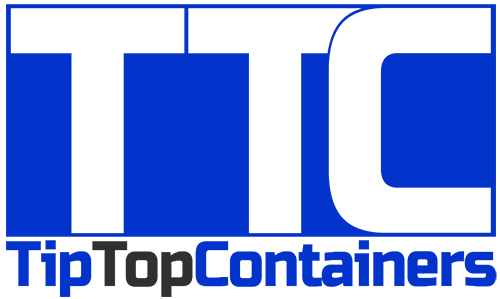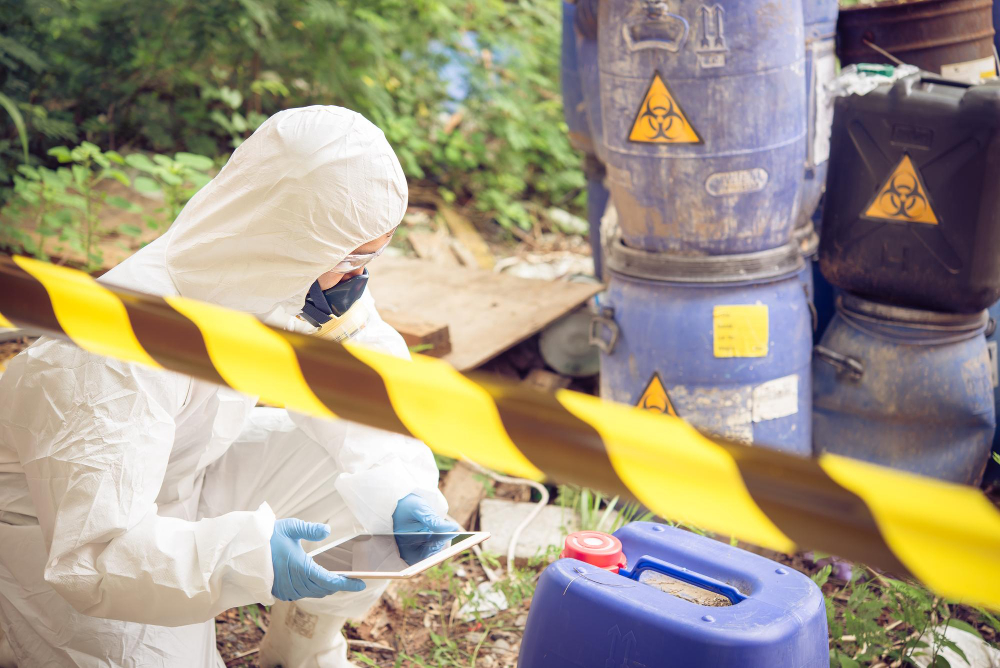


Whether for a large-scale construction project, an industrial demolition, or even a community clean-up, handling hazardous waste is a task that requires precision, compliance, and careful consideration. If you're in Orlando, FL, and gearing up for any such project, knowing the dos and don'ts of hazardous waste disposal is critical not only for the environment but also for your legal responsibility.
Below, we cover the essential guidelines, offer detailed advice, and provide actionable steps for safe and effective hazardous waste management. Remember, it's not just about tossing the waste - it's about doing it right.
Before you dispose of hazardous waste, you need to understand what it is. Hazardous waste is any material that, if not managed properly, can pose a substantial threat to human health and the environment. It is often the byproduct of commercially-related activities and may include chemical waste, heavy metals, or toxic substances.
The classification of hazardous waste is quite extensive, ranging from common household chemicals to industrial and commercial byproducts. It's important to identify materials in this category according to the codes set forth by the Environmental Protection Agency (EPA).
One of the most important "dos" of hazardous waste disposal is understanding and following the regulations imposed by federal, state, and local authorities. Compliance is non-negotiable, and ignorance of the law is not an excuse. Become familiar with the Resource Conservation and Recovery Act (RCRA) and any additional state or local laws.
When in doubt, always seek professional advice. Certified professionals know the ins and outs of hazardous waste regulations. Hiring a certified handler ensures that the waste is managed, transported, and treated responsibly and within the confines of the law.
A waste management plan is essential for large or potentially hazardous projects. The plan should address how waste will be handled, who will handle it, and what to do in case of emergencies. Ensure all team members are aware of the plan and the designated emergency procedures.
All hazardous waste must be labeled and stored properly. This means clearly identifying the contents of the container, the date it was stored, and any hazards associated with it. Store the waste in a secure, dry location to prevent leaks and spills.
Transporting hazardous waste is a delicate process. It should be loaded securely and driven by individuals who have undergone proper training. The vehicle used for transportation should also be suitable for hazardous waste and in good condition.
Depending on the quantity and type of hazardous waste, you may need to notify the appropriate authorities. For example, large quantity generators are required by law to notify the EPA in the U.S. Notify these entities and submit any required documentation as mandated by law.
One of the most dangerous practices in hazardous waste disposal is the mixing of different types of waste. This can lead to chemical reactions that create toxic fumes or explosive compounds. Always keep waste materials segregated.
Never dispose of hazardous waste by pouring it down drains, on the ground, or into waterways. This can result in widespread contamination and pose a risk to public health and the environment. Such actions also carry severe penalties.
It's not just a logistical issue; overfilling containers can lead to leaks, spills, and an unsafe working environment. Always use containers that are appropriately sized for the waste materials, leaving adequate headspace.
Employees handling hazardous waste require extensive training. Never skimp on this. It is essential for their safety, the safety of others, and ensures proper protocols are followed. Regular training updates are also crucial as regulations can change.
Documentation is a critical part of hazardous waste management. Skipping out on paperwork can lead to compliance issues and trouble down the line. Keep records of waste volume, disposal dates, and details of the processing facility.
Improper hazardous waste disposal can lead to long-term environmental degradation and health hazards. The impact is far-reaching and can manifest in soil contamination, polluting water supplies, and harming local wildlife. The legal ramifications for non-compliance can be severe, including hefty fines, penalties, and even criminal charges in cases of gross negligence.
Choosing a local roll off container service within Orlando, FL, ensures that waste is managed in a responsible and compliant manner. These services are not only convenient for large projects but also crucial for the proper disposal of hazardous waste.
When choosing a roll off container company, consider the following:
Make your upcoming project a success story of safe and compliant hazardous waste management in Orlando, FL, by following these dos and don'ts, and by partnering with a trusted roll off container service. It's not just about getting rid of waste; it's about doing your part in preserving the environment for future generations.
For safe, compliant, and dependable roll off container rentals in Orlando, FL, trust Tip Top Containers. Contact us today to request a quote and make your project a testament to responsible waste management.